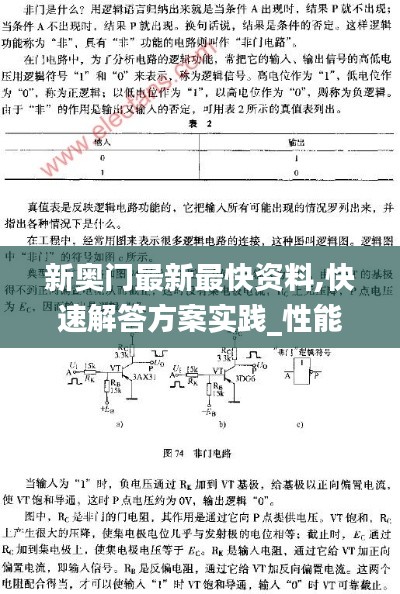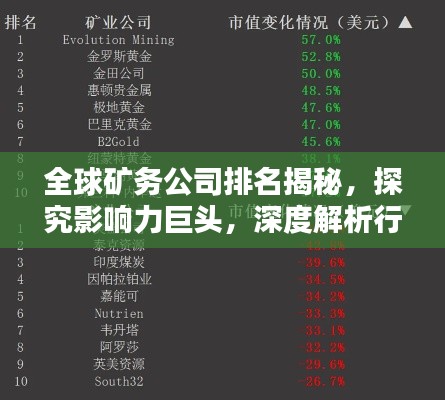Introduction to the Quest for Truth
The pursuit of truth is an ancient and enduring human endeavor. It spans across cultures, civilizations, and epochs, shaping the way we understand the world around us. Whether it's through scientific inquiry, philosophical contemplation, or historical research, the quest for truth remains a driving force in human progress. In this article, we delve into the significance of this quest and explore the various avenues through which truth is sought and discovered.
The Role of Science in Unveiling Truth
Science is often heralded as the most reliable method for uncovering the truth. Through systematic observation, experimentation, and analysis, scientists aim to understand the natural world and its laws. This empirical approach has led to groundbreaking discoveries that have transformed our understanding of the universe. From the theory of evolution to the understanding of quantum mechanics, science has continually pushed the boundaries of human knowledge. However, the scientific method is not without its limitations. It relies on the availability of data and the ability to conduct controlled experiments. Moreover, the interpretation of data can sometimes be subjective, leading to debates and disagreements within the scientific community. Despite these challenges, science remains a cornerstone in the quest for truth, providing us with a framework to test and validate our assumptions.
Philosophical Exploration of Truth
Philosophy, another ancient discipline, has long grappled with the nature of truth. Philosophers have pondered over questions such as what constitutes truth, how we can know it, and whether there is an ultimate truth to be discovered. The works of philosophers like Socrates, Plato, and Aristotle have shaped our understanding of these questions. One of the key contributions of philosophy to the quest for truth is the development of critical thinking skills. By questioning assumptions and examining arguments, philosophers encourage us to seek evidence and logical coherence. This approach has informed the methodologies used in various fields, from law to ethics, and has helped us navigate the complexities of our world.
The Power of History in Revealing Truth
History provides us with a narrative of the past, shedding light on the events, cultures, and societies that have shaped our present. By studying history, we can gain insights into the human experience and understand the factors that have led to the current state of affairs. The quest for historical truth is essential for understanding the complexities of our world. Historians use various sources, including primary documents, archaeological evidence, and oral histories, to reconstruct the past. However, the interpretation of these sources can sometimes be contentious, with differing perspectives on events and their significance. The quest for historical truth requires careful analysis and a willingness to consider multiple viewpoints.
The Media's Role in Reporting Truth
In the modern era, the media plays a crucial role in disseminating information and shaping public opinion. The media's ability to report the truth is essential for a functioning democracy, as it allows citizens to make informed decisions. However, the media landscape is fraught with challenges, including bias, misinformation, and the influence of powerful interests. Journalists and media organizations strive to adhere to ethical standards and report the truth as accurately as possible. They employ fact-checking, verification, and a diverse range of sources to ensure the reliability of their reporting. Yet, the quest for truth in the media is an ongoing battle against disinformation and the manipulation of information.
The Challenges of Finding Truth
Despite the numerous avenues through which truth is sought, finding it is not without its challenges. One of the most significant challenges is the presence of bias, both conscious and unconscious. Our preconceived notions, cultural backgrounds, and personal experiences can all influence our perception of truth. Moreover, the complexity of the world we live in makes it difficult to discern the truth from the myriad of information available. The proliferation of fake news and misinformation further complicates the quest for truth, requiring critical thinking skills and a discerning eye.
The Importance of Continuous Inquiry
Given the complexities and challenges of finding truth, it is crucial to embrace a mindset of continuous inquiry. This means being open to new evidence, willing to reconsider our beliefs in light of new information, and engaging in constructive dialogue with others. The quest for truth is a journey, not a destination, and it requires a commitment to learning and growth. In conclusion, the quest for truth is a fundamental aspect of human existence. Whether through science, philosophy, history, or the media, we strive to understand the world around us and our place within it. While the path to truth is often fraught with challenges, the pursuit itself is a testament to our curiosity and desire to know the world as it truly is.
轉載請注明來自福建光數(shù)數(shù)字技術有限公司,本文標題:《不斷找尋真相英語: 》














 蜀ICP備2022005971號-1
蜀ICP備2022005971號-1
還沒有評論,來說兩句吧...